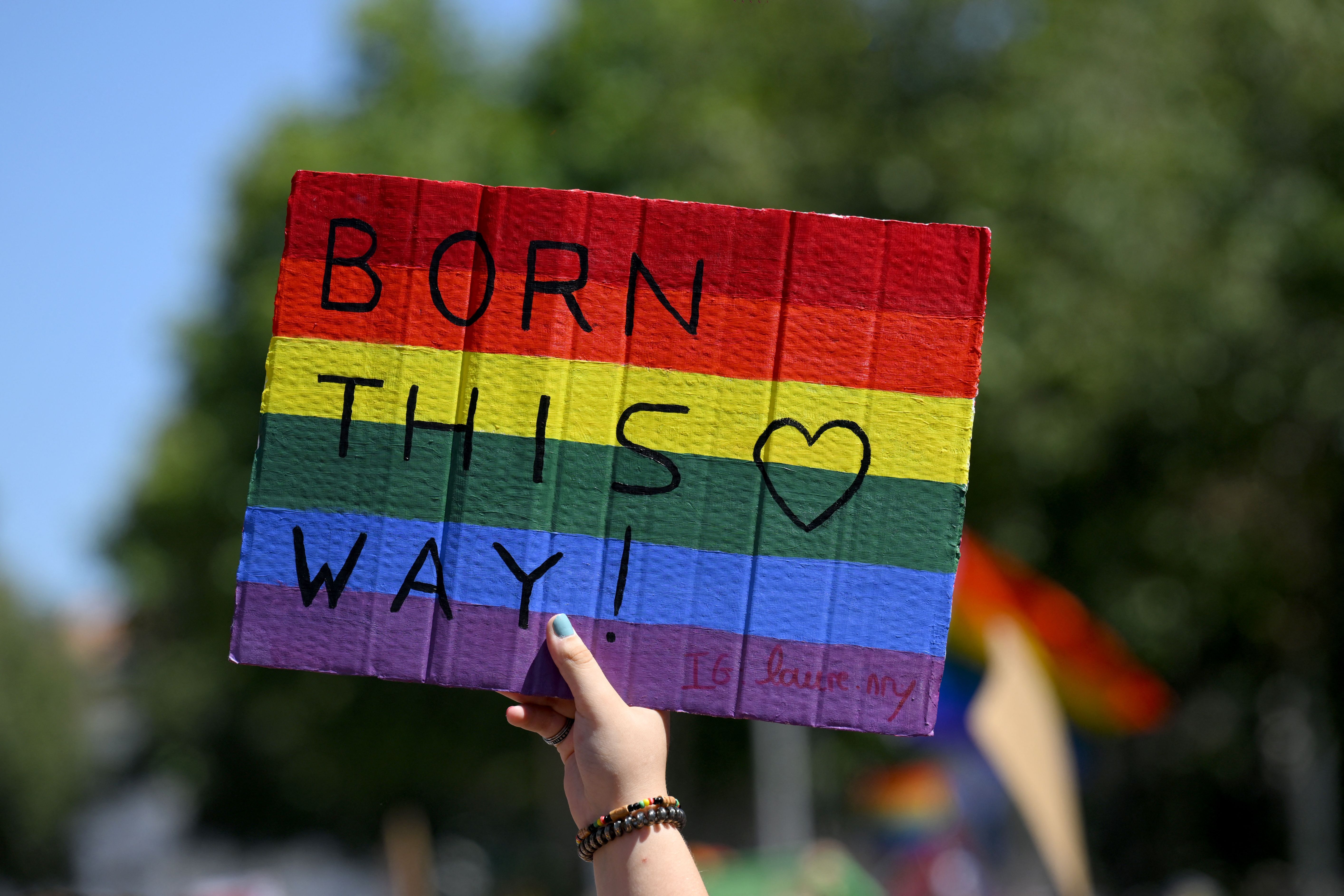I came out as a teen in the 90s — there’s still a long road ahead for LGBT+ youth
After my boyfriend and I were chased by our peers in high school, we spent that evening talking on the phone, comforting each other. That was when he opened up to me and told me that he had been subjected to something horrible, something that didn’t have a name then but would eventually come to be known as conversion ‘therapy’


In the late 90s, when I was a teenager, I had just started to come out to myself as gay. I remember how freeing it had felt at that time being out, particularly as I got to share the experience with my first boyfriend in high school. Of course, even as positive and liberating as it all was, I was not without anxieties or worries. I would wonder, “are people looking at me? Are my classmates judging me?” Those anxieties materialized when, one afternoon, a group of students from the football team bullied us and chased me and my boyfriend for merely holding hands.
I return to this moment often, especially during Pride Month, a time when I find myself reflecting on the change I’ve seen in the LGBT+ community over the years — and how much still needs to be addressed. This June in particular, I find myself wondering if I would feel more or less scared coming out as gay as a teenager in the world today.
As we mark Pride Month this year and celebrate achievements, progress, and visibility for the LGBT+ community, it is just as important to acknowledge the current political climate we are in right now and the record-breaking wave of harmful anti-LGBT+ legislation across the country. At The Trevor Project, we have tracked more than 630 anti-LGBT+ bills introduced this year alone — 342 of them targeting transgender people and 416 of them targeting LGBT+ young people. And we know seeing and hearing about these bills is taking a toll on their mental health: nearly one in three LGBT+ young people said their mental health was poor most of the time or always due to anti-LGBT+ policies and legislation.
The mental health impacts of this political climate are compounded for LGBT+ young people, a group that already experiences more negative mental health outcomes and increased suicide risk. Recent research illustrates that 41% of LGBT+ young people seriously considered attempting suicide in the past year. While this statistic is hauntingly high, it can be difficult to grasp the weight of this number unless you’ve experienced the impact in your own life, like I have.
After my boyfriend and I were chased by our peers in high school, we spent that evening talking on the phone, comforting each other. That was when he opened up to me and told me that he had been subjected to something horrible, something that didn’t have a name then but would eventually come to be known as conversion “therapy” — a term that refers to a range of discredited and dangerous practices aimed at changing a person’s LGBT+ identity. After our relationship was revealed at school, he expressed grave concern that his parents would send him back to “that camp.”
“I can’t go back. I can’t go back,” he kept telling me that night on the phone.
Sadly, all my comfort and consolation that evening could not save him. The next day, I learned he had died by suicide that night. Tragically, stories like his are all too common.
The trauma surrounding his death sent me back into the closet for a decade, until the day I decided to no longer live in fear by becoming an LGBT+ advocate. And for the last decade, I have poured my heart into legislative advocacy, pushing for policies to help ban conversion therapy in cities and states across the US, motivated by the loss I experienced.
I also came to realize that improving mental health and ending suicide among LGBT+ communities isn’t about changing who we are, but about changing how we are treated — because LGBT+ people are not inherently prone to suicide risk because of their sexual orientation or gender identity, but rather because of how they are mistreated and stigmatized in society.
According to The Trevor Project’s 2023 US National Survey, LGBT+ youth who experienced anti-LGBT+ victimization — including being physically threatened or harmed, discriminated against, or subjected to conversion therapy — reported more than twice the rate of attempted suicide in the past year compared to those who did not. However, this research also points to signs of hope: 79% of LGBT+ young people said hearing about laws that protect them from conversion therapy made them “feel better”. These laws — like one signed recently in Minnesota — offer an important reminder to young people that, even amid the current political climate, there is still progress happening, even when it’s not as loud.
I went to my first Pride celebration 10 years after my first boyfriend’s passing, while I was attending grad school in London. I remember the celebration, and all of the joy and love that surrounded it, like it was yesterday.
In spite of this moment in time, when celebration may not feel like a natural response, I believe there is great hope to be had: that fear of being ourselves will not always be a concern. Because everyone deserves to be loved and celebrated for who they are.
Troy Stevenson is the director of state advocacy campaigns for The Trevor Project, the leading suicide prevention organization for LGBTQ young people.



Bookmark popover
Removed from bookmarks